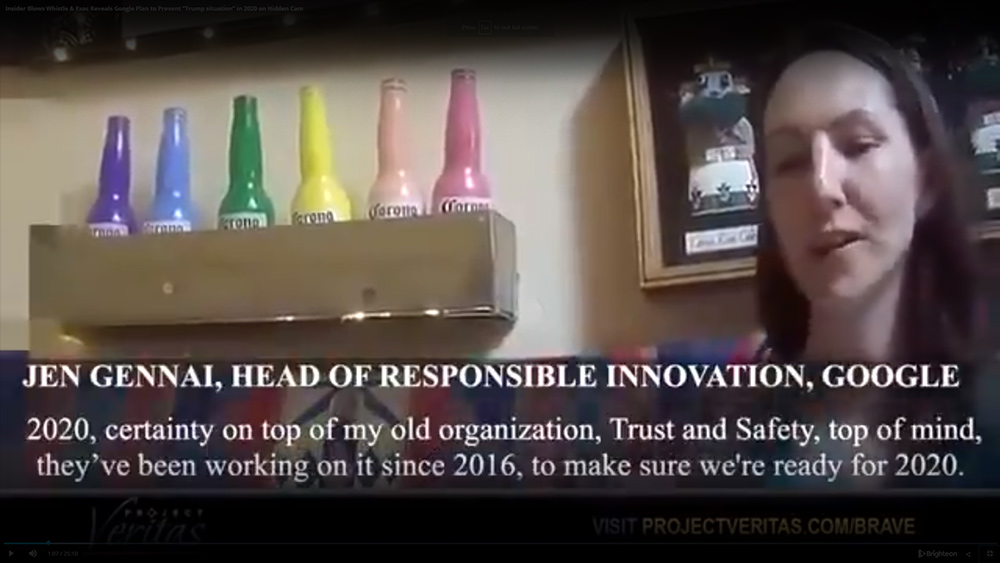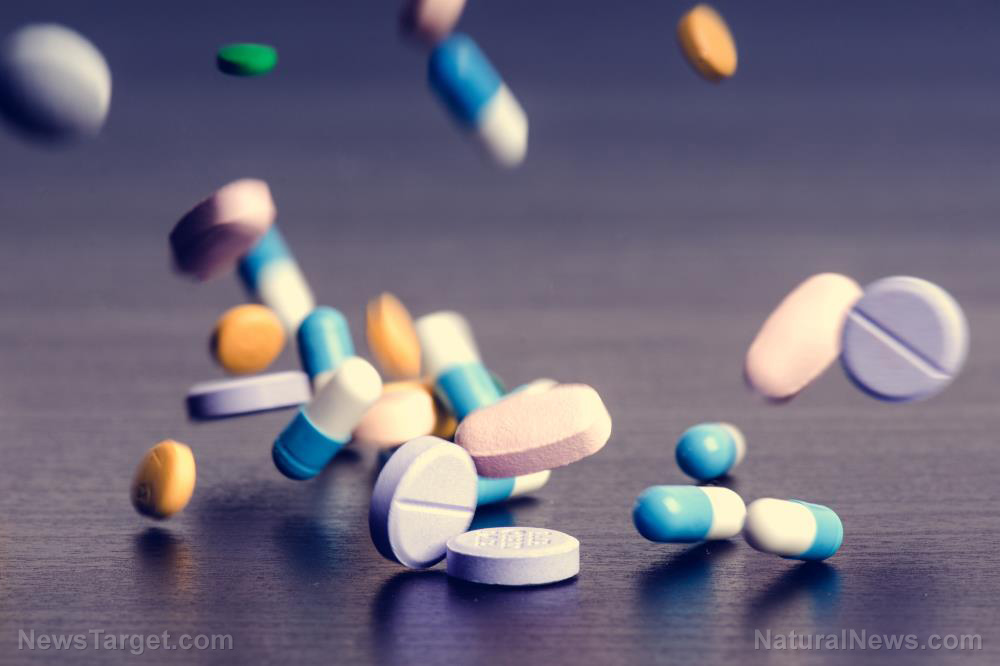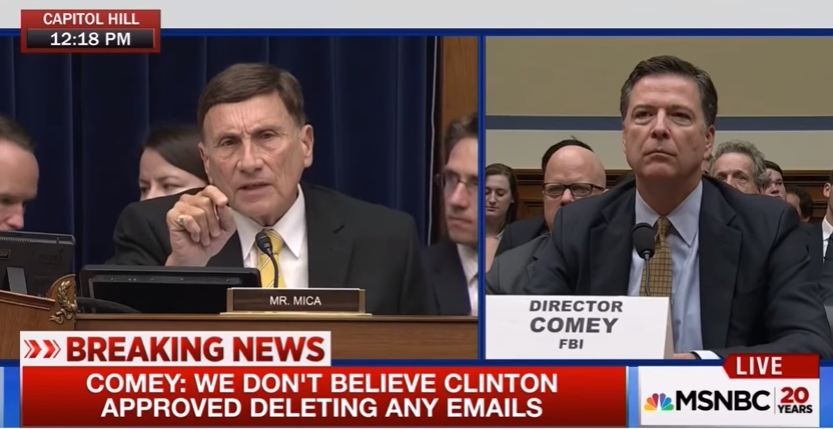FDA’s recent attack on Kratom based on lies and junk science, warns herbal group
11/25/2017 / By Lance D Johnson

“The thing that bugs me is that the people think the FDA is protecting them – it isn’t. What the FDA is doing and what the public thinks it’s doing are as different as night and day.” These are the words of Dr. Herbert L. Ley Jr., spoken in an interview with the New York Times in 1969. Dr. Ley was appointed Commissioner for the Food and Drug Administration in 1968, but his tenure was cut short because his bold decision-making adversely affected the financial interests of the pharmaceutical industry. He tried to stop the market of pharmaceutical products approved between 1938 and 1962 that had no proof of efficacy.
Decades later, it is now obvious that the FDA is just a front of consumer protection, a vessel for the pharmaceutical industry to exert its power. The FDA’s recent attack on the herb Kratom is a perfect example of how the pharmaceutical industry speaks through the government and uses its police power to stifle safe, plant-based medicines that could set people free from addictive and deadly pharmaceuticals. (Related: FDA building their own private army, with body armor and military weapons.)
FDA Commissioner Scott Gottlieb recently warned the public about the “deadly risks” of Kratom. Gottlieb said the FDA “must use its authority to protect the public from addictive substances like kratom.” Gottlieb warns, “Calls to US poison control centers regarding kratom have increased 10-fold from 2010 to 2015, with hundreds of calls made each year. The FDA is aware of reports of 36 deaths associated with the use of kratom-containing products.”
Now the American Kratom Association (AKA) is calling out the FDA on their most recent attack, which is based on lies and junk science in order to protect the market for addictive, destructive pharmaceutical opioids. The AKA has called on Gottlieb to rescind his attack on kratom. The AKA says the warning is based on “discredited, incomplete, and mischaracterized scientific claims.”
Earlier in 2016, the Drug Enforcement Agency threatened to add the plant to the list of controlled substances. The pharmaceutical industry wanted to place Kratom on the list of schedule one drugs, next to cannabis, claiming they are both addictive with no medical benefit. The truth is that both plants are used to help people recover from addictive pharmaceutical opioids.
The problem with the Kratom market is not the plant itself, but the “kratom-containing products” that are being put together by untrustworthy sellers. Kratom can easily be laced with pharmaceutical opioids such as hydrocodone which can cause serious side effects like liver damage and seizures. The other problem with the Kratom market is the misuse of the herb, as people have little understanding of the plant’s indications and contraindications and potential for misuse.
A pure Kratom powder or extract contains alkaloids that work on the natural opiate receptor agonists in the body. If the plant is misused, then yes, addiction can occur. The body can build up tolerance to the analgesic effects of this plant. The properties of the plant also have differing effects on the body at different dosages. Finding the proper dosage is crucial for experiencing its various sedative, stimulant, and analgesic effects. Each person’s body absorbs the alkaloids differently. People across the world are using kratom for treatment for arthritis, restless legs syndrome, fibromyalgia, and to get off prescription opioids.
If the FDA blindly goes after Kratom then they have completely ignored the actual problems of tainted products and herb misuse. The FDA could instead establish trustworthy sources and sellers of the herb and set guidelines on what consumers should look for in a trustworthy product. The guidelines could also include dosage instructions, indications and contraindications so the herb is not misused.
Some at the FDA, such as Dr. Dan Fabricant of the Dietary Supplement Programs, propose a compromise that would allow kratom products to come to market as long as the ingredients undergo a process called the New Dietary Ingredient Notification process. FDA Commissioner Gottlieb, on the other hand, wants the herb to be banned and developed as a drug instead. Simply banning the herb will do nothing but guarantee pharmaceutical companies a license to addict and kill people with their brand of synthetic opioids, while incarcerating the public over something that they can learn to use for natural, effective pain management.
Follow more issues surrounding health freedom at HealthFreedom.news.
Sources include:
Tagged Under: analgesic effects, breaking addiction, contraindications, controlled substance, FDA, herbal indications, kratom, opioid addiction, opioid crisis, plant-based medicine, tainted herbal products
RECENT NEWS & ARTICLES
COPYRIGHT © 2017 CORRUPTION NEWS




















